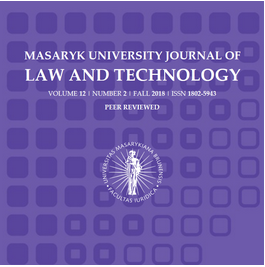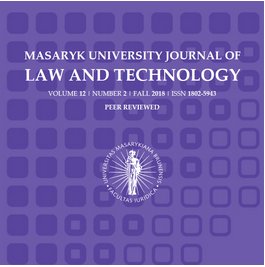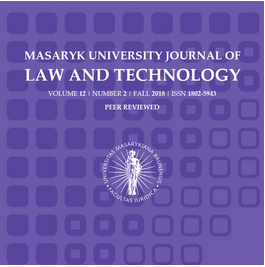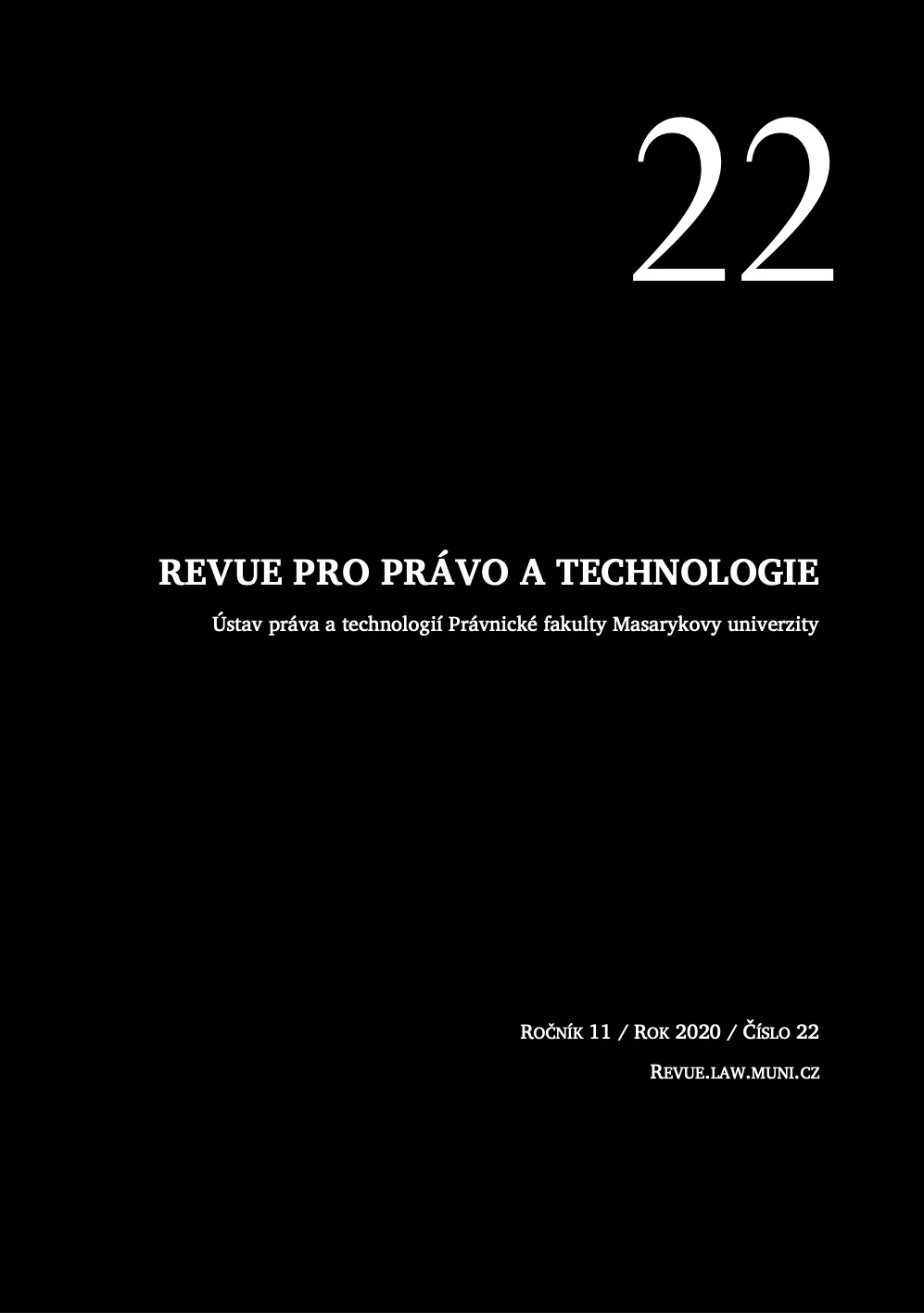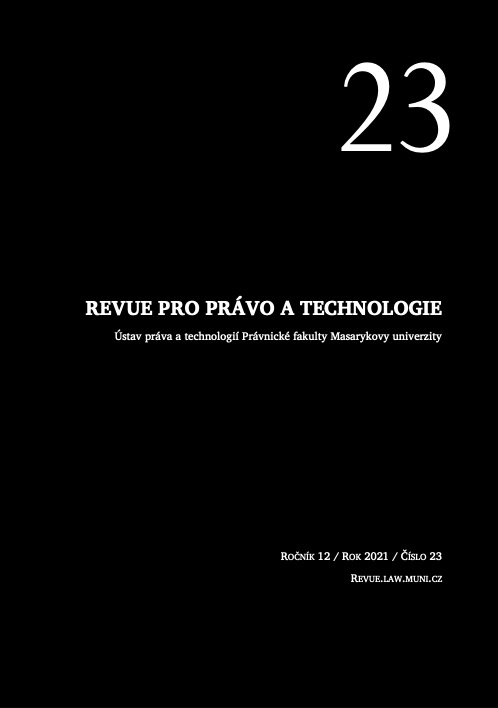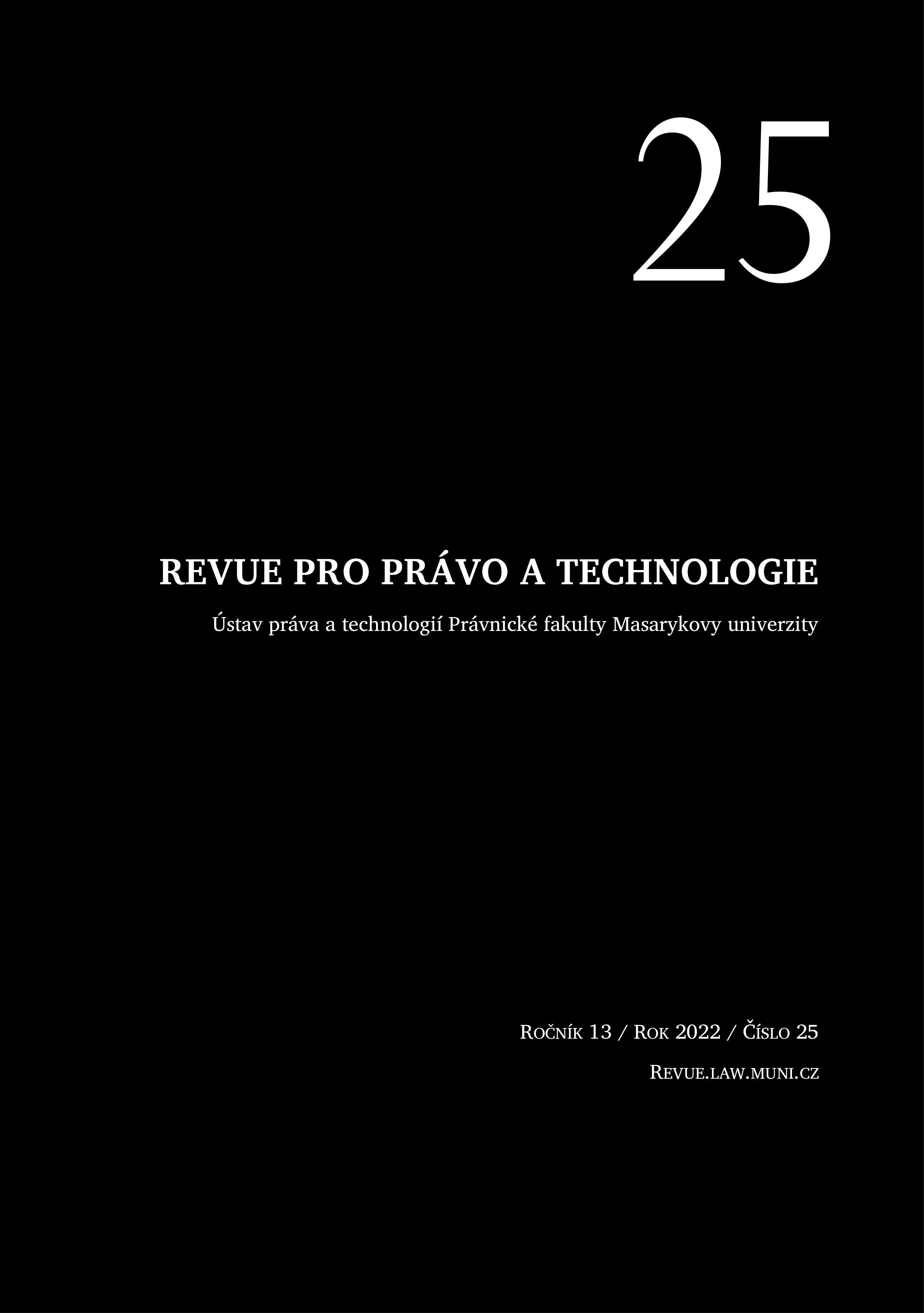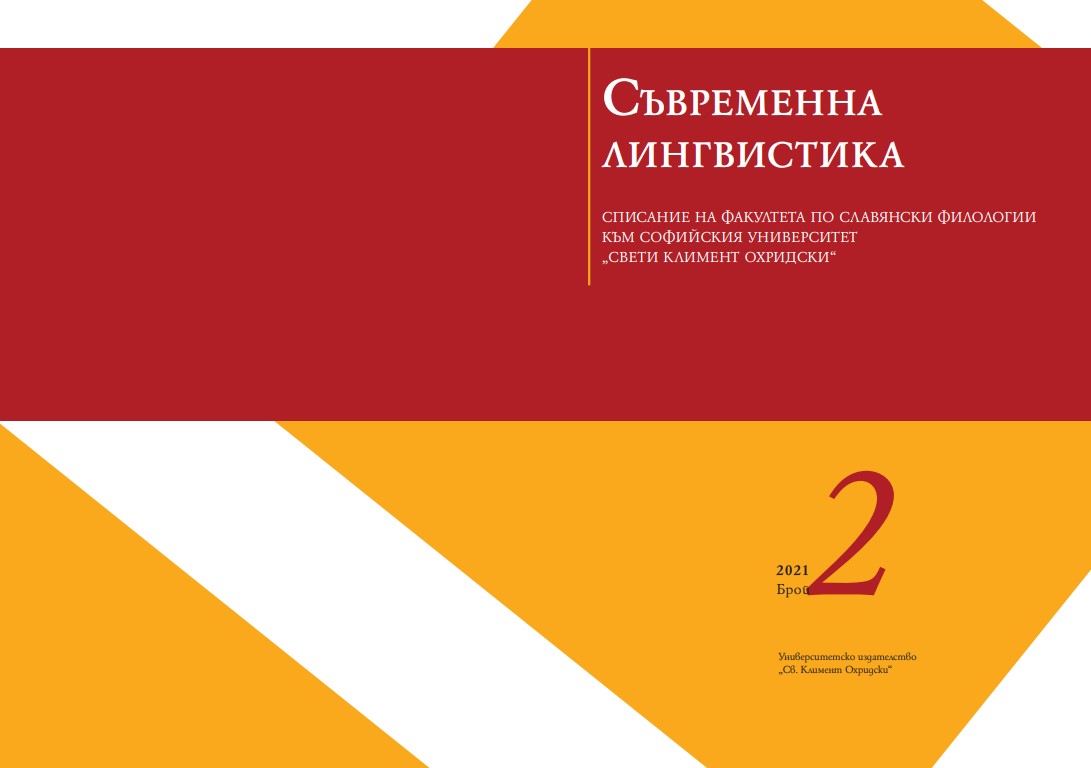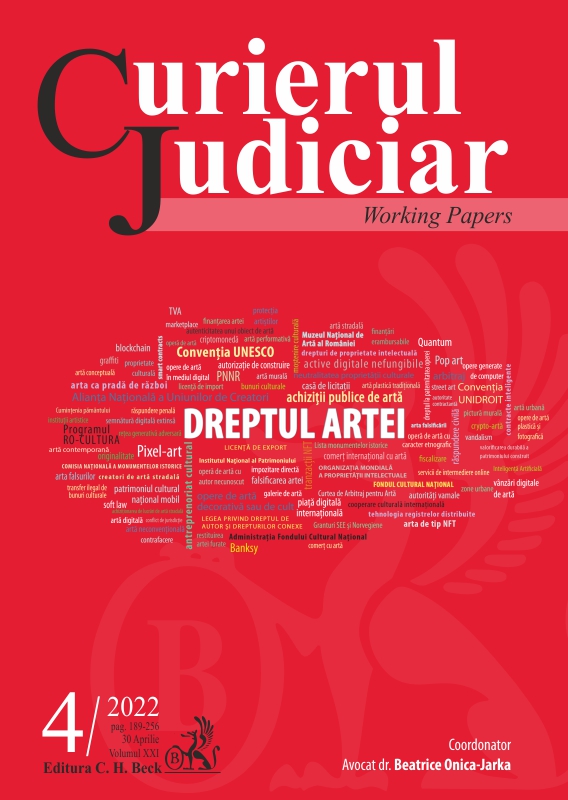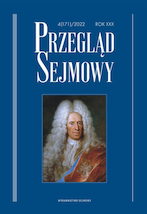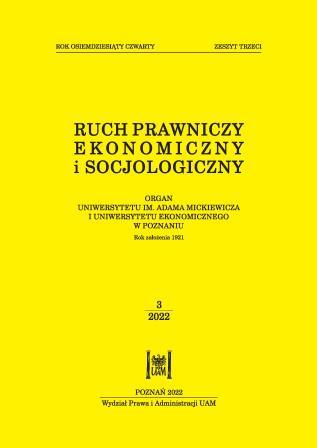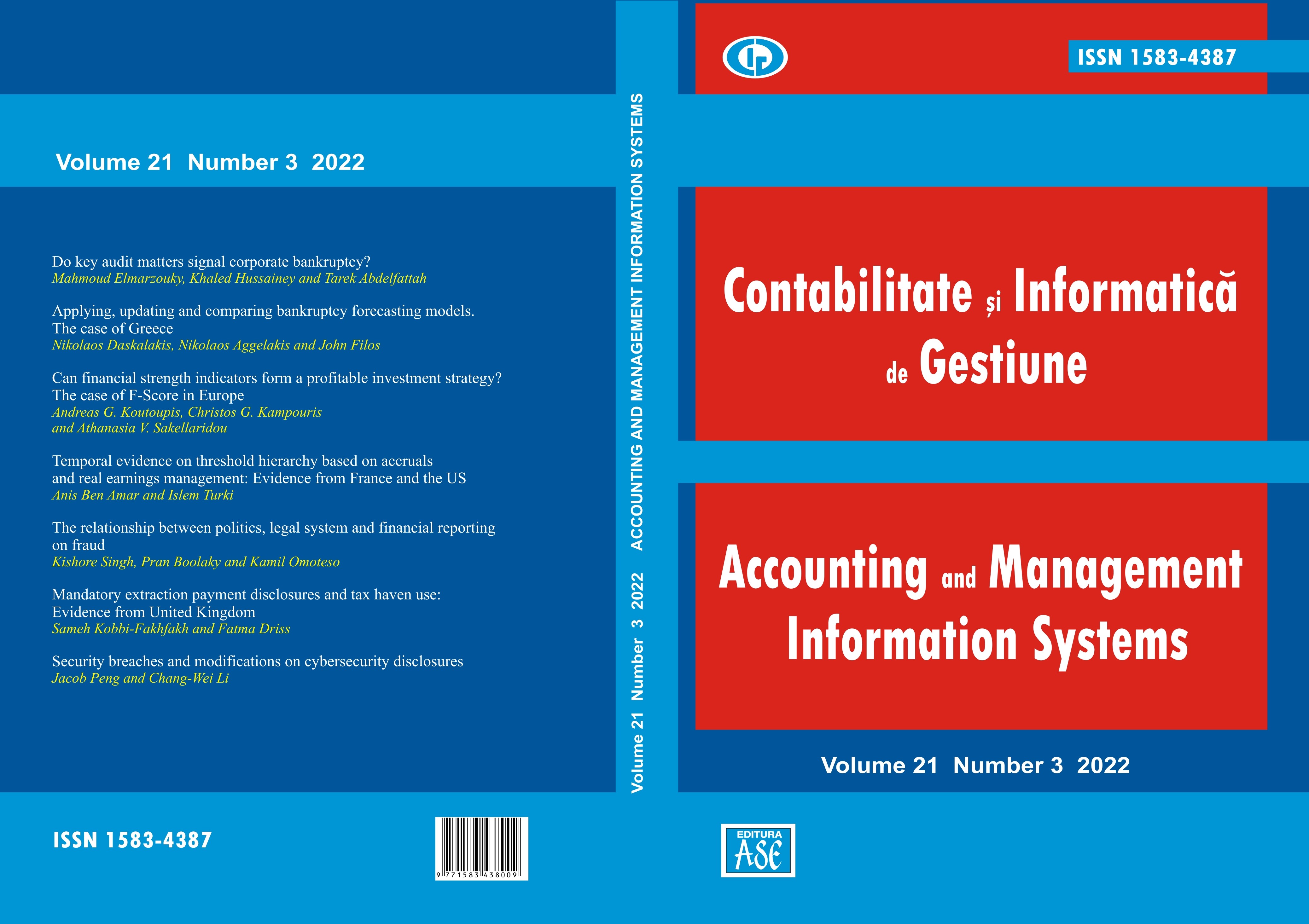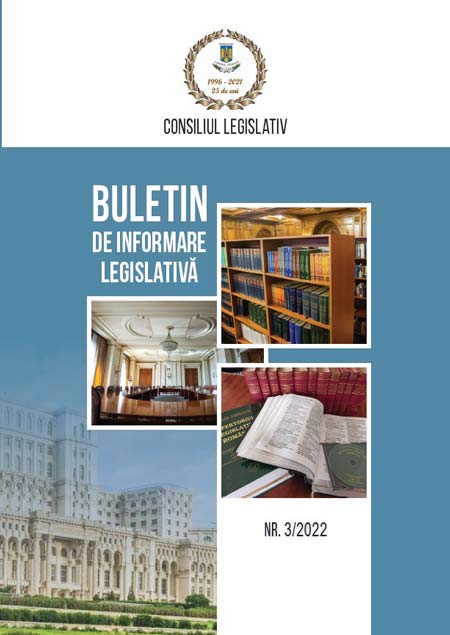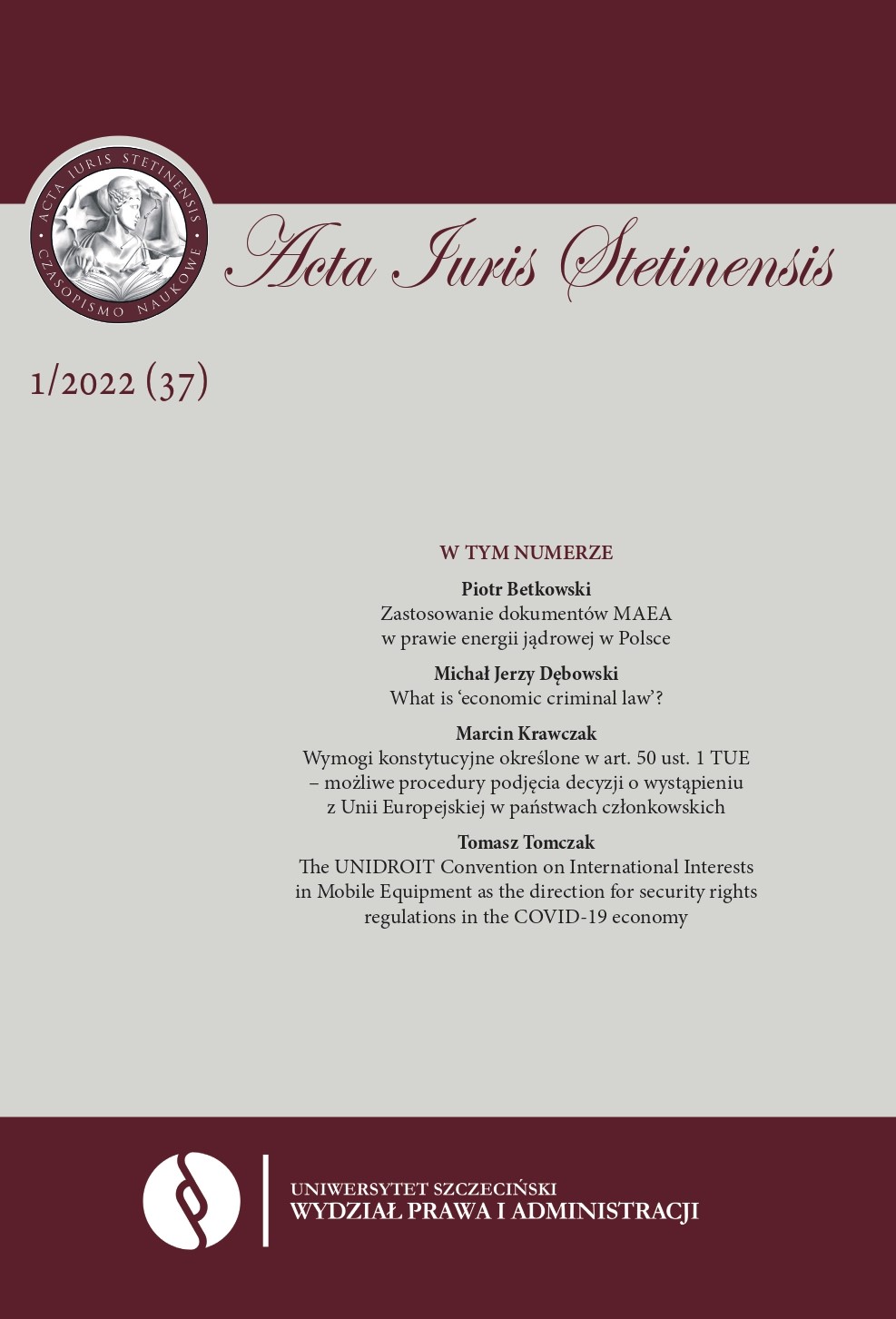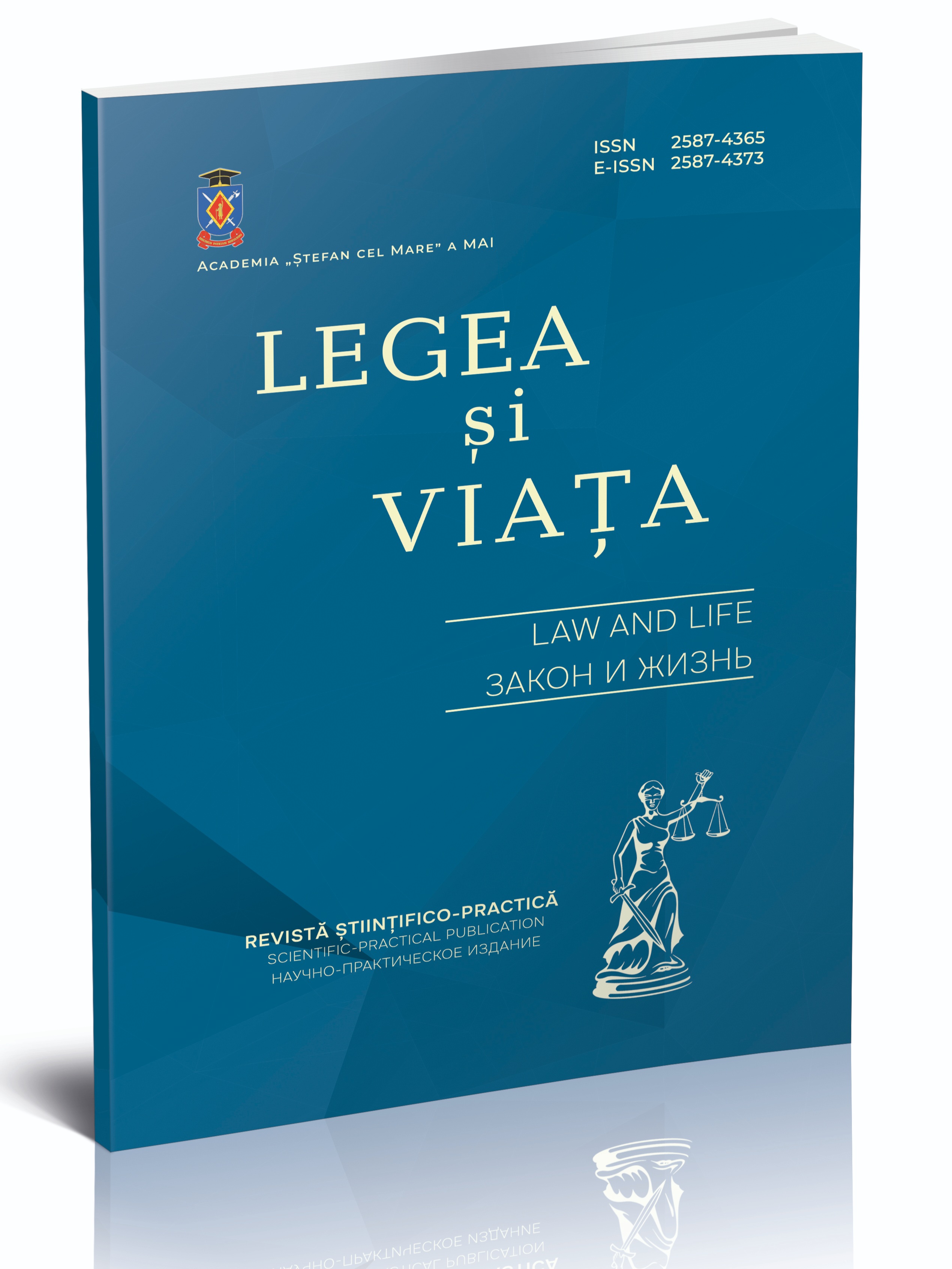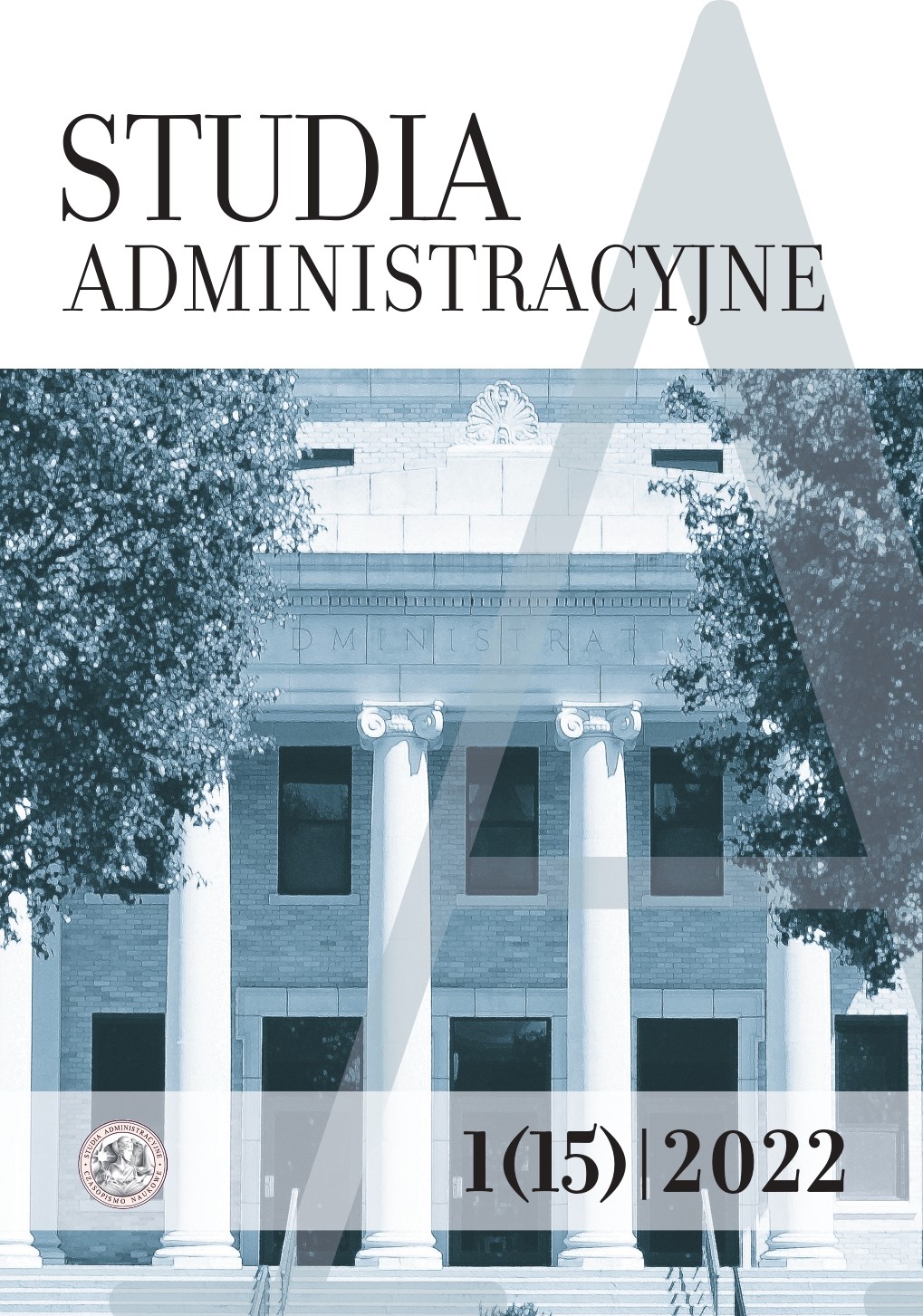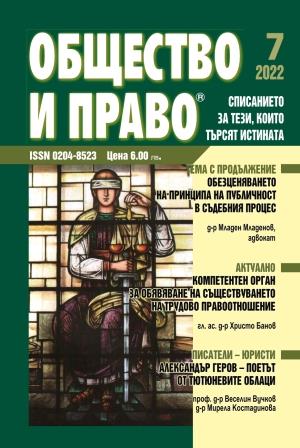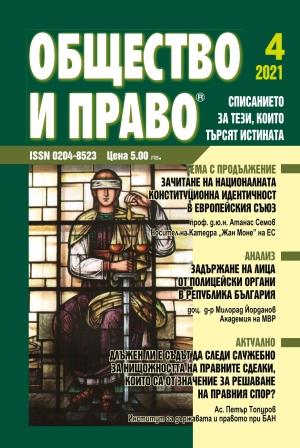Author(s): Kishore Singh,Pran Boolaky,Kamil Omoteso / Language(s): English
Issue: 3/2022
Motivation: Fraud is a challenging problem. Its economic effects are clear – worse public services, less financially stable and profitable companies, charities deprived of resources needed for charitable purposes and diminished levels of disposable income of everyone. In every sector globally, fraud has an adverse impact on the quality of life. Fraud threatens the effective and efficient utilization of resources and hence is of great concern to industries, the whole community and academia.Research Question: Does political regime moderate the relationship between financial reporting regime and on fraud? Does the legal system moderate the relationship between financial reporting regime and on fraud? What is the impact of financial reporting regime, legal regime and political regime on fraud at national level? Idea: This study investigates how political, legal and financial reporting impacts on fraud at a country level and whether any triangular effects exist.Data: Country level data published by ACFE, World Fact book, Deloitte IAS Plus Report, IFAC Report and Economic Intelligence Unit Report on Democracy Index for 106 countries for the years 2010 to 2014 was used.Tools: To test study’s hypotheses and to determine the interactive effects of legal regime, political regime and financial reporting regime on fraud, a three-way ANOVA is used. To determine the impact of the independent variables on fraud, pooled regression analysis is used.Findings: The findings provide both theoretical and empirical evidence on the interaction effects of political, legal and financial reporting regimes on fraud. Political and legal regime has a significant interaction with financial reporting on fraud as posited by political accountability theory and legal theory. Even the main effects of each regime separately are statistically significant. Contribution: given the complex nature of frauds, the study is relevant to regulators, practising auditors, legal and political experts and politicians engaged in the debate on frauds and how to address this harmful act at a cross country level. When collusion exists between executive, legislative oversight in a full democratic regime is weakened, impacting the mechanism of fraud minimisation.
More...
